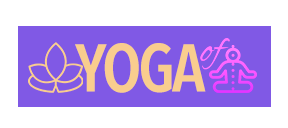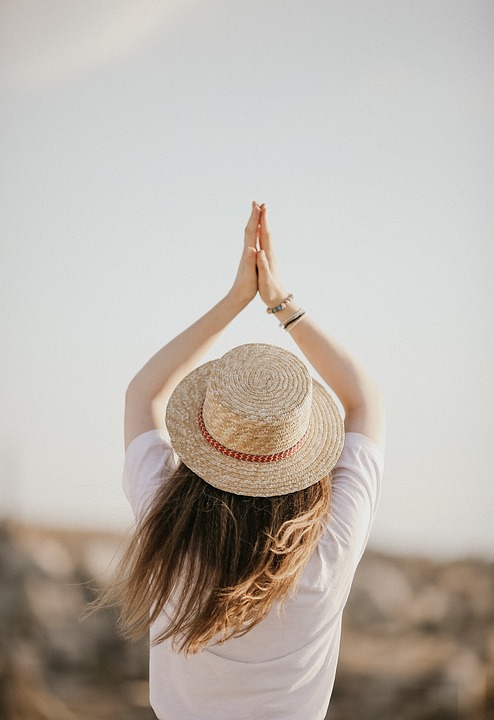Yoga has long been known for its numerous physical and mental health benefits, including increased flexibility, strength, and relaxation. However, not everyone has had the opportunity to experience these benefits due to various barriers to access and inclusivity within the yoga community. Yoga for All is a movement that seeks to break down these barriers and make yoga accessible to everyone, regardless of age, ability, race, gender, or socio-economic status.
One of the main barriers to access in the yoga community is the perception that yoga is only for flexible, fit, and thin individuals. This stereotype can be intimidating for those who don’t fit this image, leading them to feel excluded from practicing yoga. Yoga for All seeks to challenge this stereotype by promoting the idea that yoga is for every body. Whether you are young or old, overweight or underweight, able-bodied or disabled, yoga is a practice that can benefit everyone.
Another barrier to access in the yoga community is the lack of diversity in yoga classes and studios. Many people from marginalized communities may feel uncomfortable or unwelcome in predominantly white, upper-middle-class spaces. Yoga for All aims to create a more inclusive and diverse yoga community by offering classes that are accessible to people from all backgrounds and cultures. By creating a safe and welcoming space for everyone, Yoga for All helps to break down barriers to access and inclusivity in the yoga community.
In addition to physical barriers to access, there are also economic barriers that prevent some individuals from practicing yoga. Many yoga studios charge high fees for classes, making it difficult for low-income individuals to afford regular practice. Yoga for All seeks to address this issue by offering donation-based classes, sliding scale fees, and scholarships to make yoga more affordable for everyone. By removing financial barriers, Yoga for All ensures that everyone has the opportunity to experience the benefits of yoga, regardless of their financial situation.
One of the key principles of Yoga for All is accessibility. This means making yoga classes and studios physically accessible to individuals with disabilities. Many yoga studios are not wheelchair accessible or do not have the necessary equipment for individuals with mobility challenges. Yoga for All advocates for making yoga spaces inclusive and welcoming to people of all abilities, ensuring that everyone has the opportunity to practice yoga in a safe and supportive environment.
FAQs:
1. What if I am not flexible or fit? Can I still practice yoga?
Absolutely! Yoga is for every body, regardless of flexibility or fitness level. Yoga for All promotes the idea that yoga is a practice that can benefit everyone, regardless of age, size, or physical ability. You don’t need to be flexible or fit to start practicing yoga – all you need is an open mind and a willingness to try.
2. I have a disability – can I still practice yoga?
Of course! Yoga for All advocates for making yoga spaces inclusive and welcoming to individuals with disabilities. Many yoga studios offer adaptive yoga classes that cater to individuals with mobility challenges or other disabilities. If you have a disability and are interested in practicing yoga, look for a studio or teacher that offers adaptive yoga classes or workshops.
3. I can’t afford to pay for yoga classes. Are there any options for me?
Yes! Yoga for All seeks to make yoga more affordable and accessible to everyone. Many studios offer donation-based classes, sliding scale fees, or scholarships for individuals who cannot afford to pay for classes. If you are struggling to afford yoga classes, reach out to your local studio or teacher to inquire about discounted rates or financial assistance options.
4. I feel intimidated by the lack of diversity in yoga classes. How can I find a more inclusive space?
If you feel uncomfortable or unwelcome in a predominantly white, upper-middle-class yoga space, seek out studios or teachers that prioritize diversity and inclusivity. Many yoga studios offer classes specifically for people of color, LGBTQ+ individuals, or other marginalized communities. By finding a studio or teacher that aligns with your values, you can practice yoga in a safe and welcoming environment that celebrates diversity and inclusivity.










